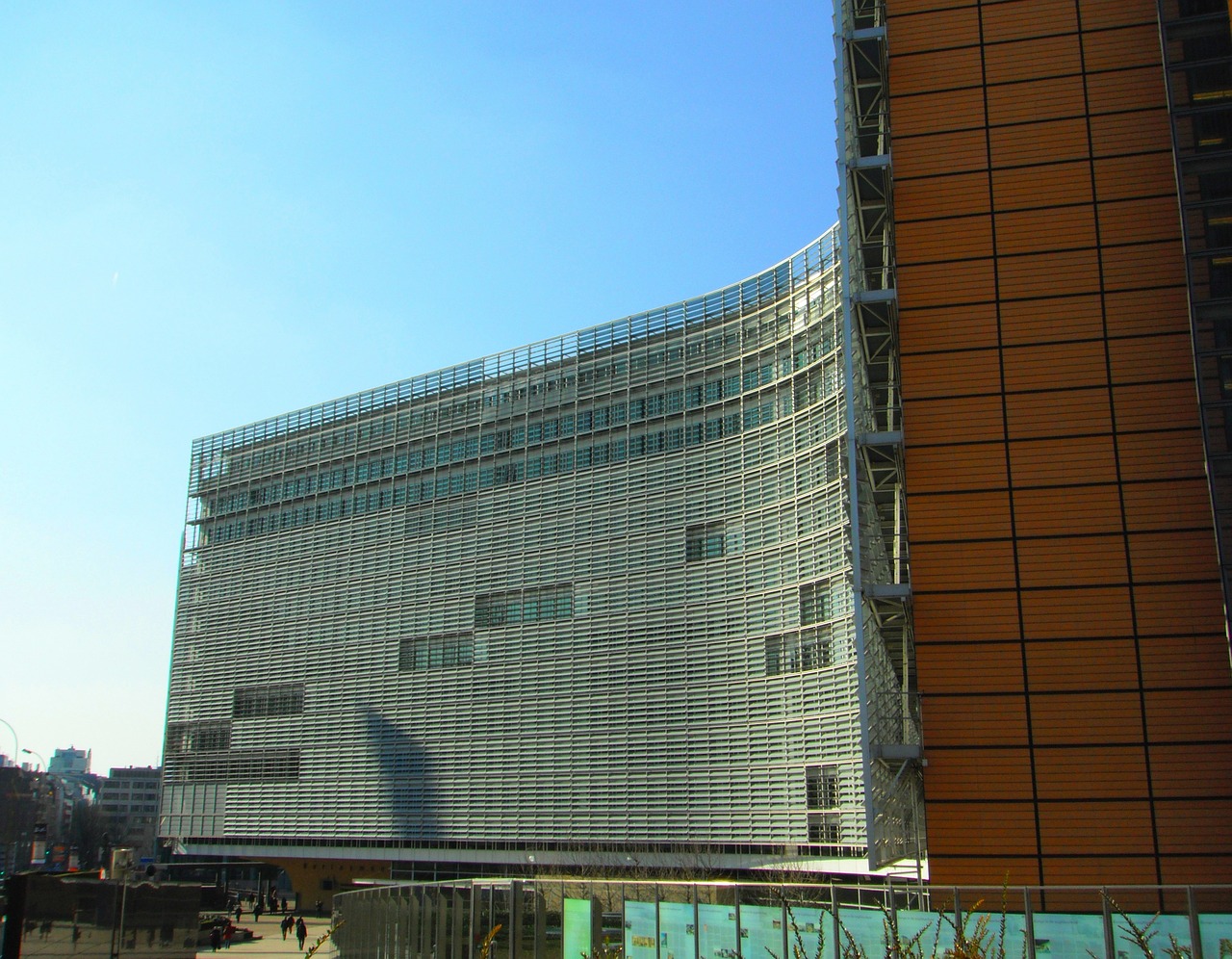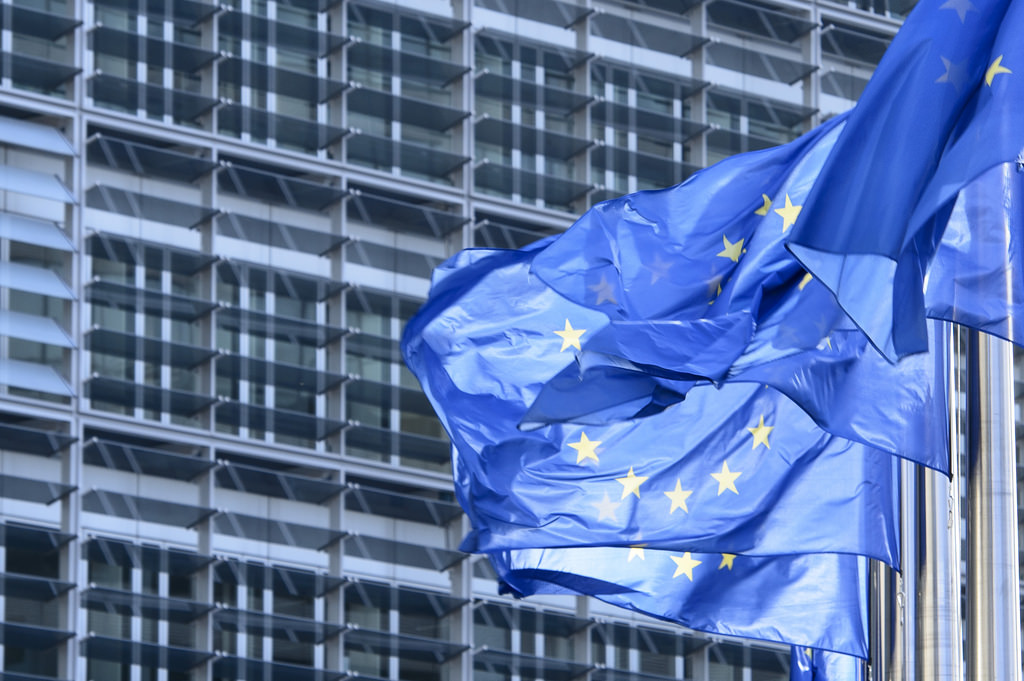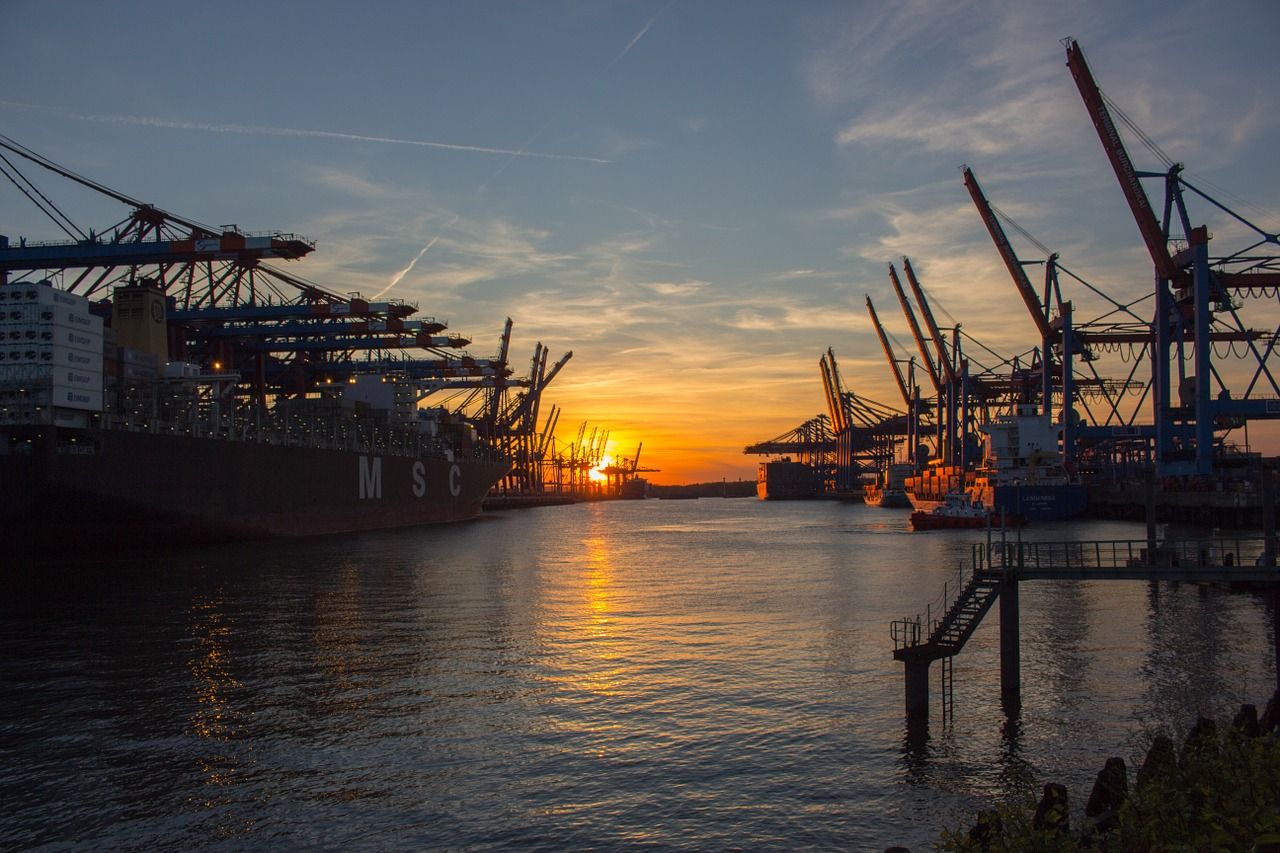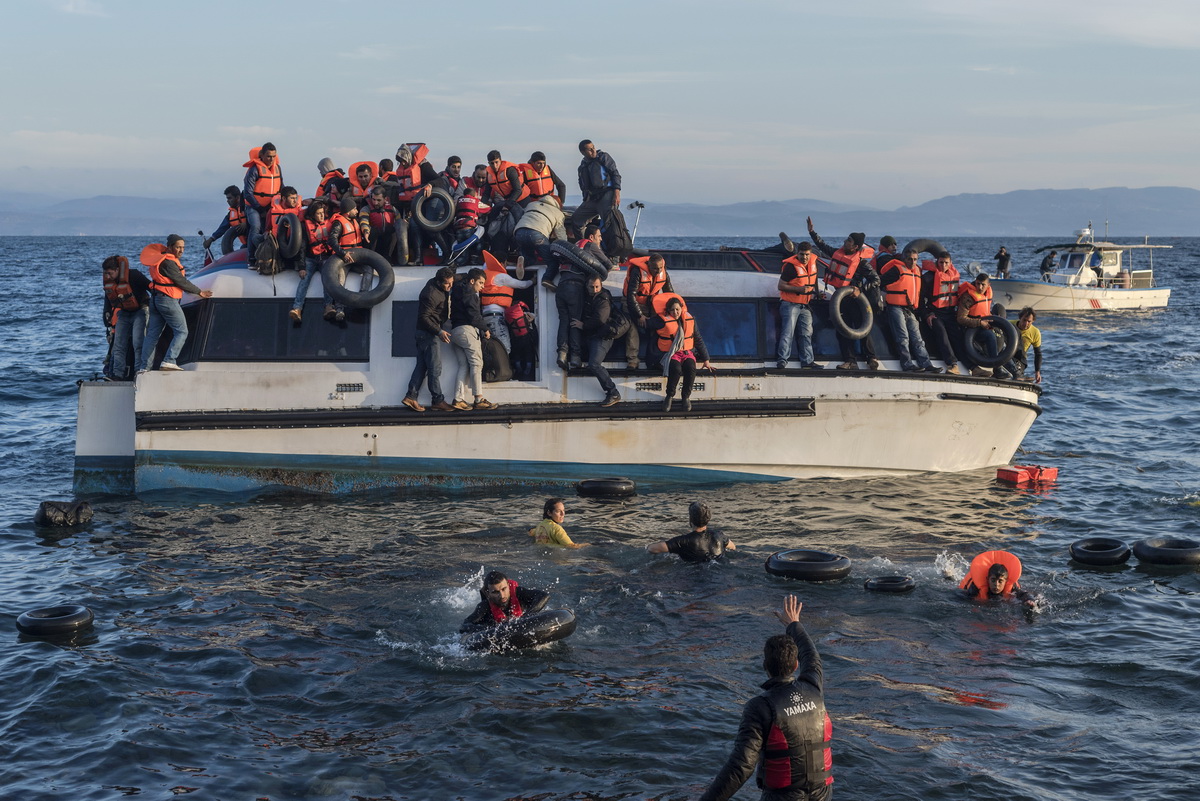POLITHEOR
European Policy Network
Op-ed
- Home
- Op-ed

Uber will wipe out skills not jobs2
- Digital Policy and Internet Governance, Op-ed
- 09/09/2016
Uber’s announcement to add self-driving cars to its usual taxi services in the United States is as unexpected as it is indicative of the automated future of the sharing economy. Governments should limit their efforts to regulate the rapidly-evolving sharing economy and instead focus on developing relevant skills.
READ MORE
It is up to the Commission to guide into the right way to EU democracy1
- EU Governance and Politics, Op-ed
- 08/09/2016
However desirable it may seem for political organizations to endow themselves with the halo of democracy, the European Union should be cautious to hastily “democratize” in response to the Brexit. Reform efforts to tame spreading Euroskepticism are necessary, yet not according to national standards. The EU will have to develop its own unique, transnational version of democracy.
READ MORE
A stronger Union in an insecure World0
- International Relations and Global Affairs, Op-ed
- 07/09/2016
Affairs in which it was possible to write down such words seem worlds away from the situation we live in today, when the very concept of the European Union is challenged and put to a test, especially after the Brexit vote. Precisely because of this, it is important not only to reconsider the future development of EU’s internal affairs and structures, but also the plans and ideas that would redefine the EU as an international actor. Even though it seems the new Global Strategy, adopted two months ago, has come at the right time, the question remains whether it will trigger an adequate new approach to EU’s external affairs.
READ MORE

On the way to trade justice in the EU?1
- International Trade, Op-ed
- 07/09/2016
With the political and social challenges currently faced by the EU, as well as the threats of disintegration, it is essential to re-access the existing structures from several angles, namely its trade policy. One of the largest free trade agreements – TTIP is hotly under debate and CETA has been approved by the EU parliament. But should these be the fundamental and primary focus of the EU in this field for a healthy future of the Union and its citizens? Wouldn’t it be more important to, instead of aiming towards big free trade agreements, focus first on how trade is done: its sustainability, development, justice and fairness?
READ MORE
The Refugee Crisis and EU integration: The Need for a Fine Balancing Act1
The ongoing refugee crisis in Europe is threatening to unravel the very fabric of EU integration. It played a decisive role in determining the outcome of the ‘Brexit’ vote, and has sown the seeds of discord across the EU. To prevent further disintegration, the Union must develop a coherent and comprehensive migrant integration policy, and because it must do this amidst a strained political-economic climate, this will need to be a fine balancing act.
READ MORE







